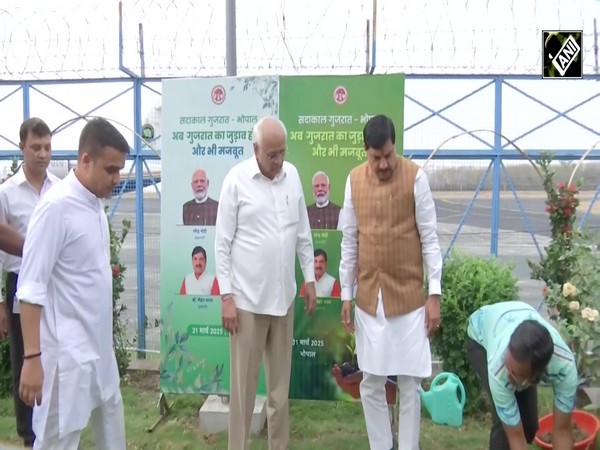FM Sitharaman concludes pre-budget meeting for Union Budget 2023-24
Nov 28, 2022

New Delhi [India], November 28 : The week-long pre-budget consultation meetings for budget 2023-24 chaired by Union Finance and Corporate Affairs Minister Nirmala Sitharaman concluded on Monday.
The meeting was held in virtual mode between November 21 and 28.
According to the Ministry of Finance, more than 110 invitees representing seven stakeholder groups participated in eight meetings scheduled during this period. The stakeholder groups include representatives and experts from agriculture and agro-processing industry; industry, infrastructure and climate change; financial sector and capital markets; services and trade; social sector; trade unions and labour organisations and economists.
Union Ministers of State for Finance Pankaj Chaudhary and Bhagwat Kishanrao Karad, Finance Secretary TV Somanathan; Secretary, DEA, Ajay Seth; Chief Economic Advisor V Anantha Nageswaran; Secretary, DIPAM, Tuhin Kanta Pandey; Secretary, Financial Services, Vivek Joshi; Secretary, Corporate Affairs, Manoj Govil; OSD, Revenue, Sanjay Malhotra, and senior officers from Ministry of Finance were also present during the meetings. Secretaries of other Ministries/Departments concerned participated through online mode.
The Finance Ministry statement said the representatives of the stakeholder groups made a number of suggestions for the forthcoming budget that included a mechanism for green certification to help MSMEs (Micro, Small and Medium Enterprises), urban employment guarantee programme to boost employment generation in urban areas, rationalisation of income tax, creation of innovation clusters, schemes for improving domestic supply chains, reduction of taxes on electric vehicle, introduction of EV policy, measures to promote India as a hub for green hydrogen, Social Sector Entrepreneurship Fund for Social Impact Companies, Training and Accreditation of Care Economy Workers, portable social benefit for children, National Regulatory Authority for water and sanitation, coverage of unorganised workers under ESIC, the continuation of Public Capex, fiscal consolidation and lower customs duties, among others.

















